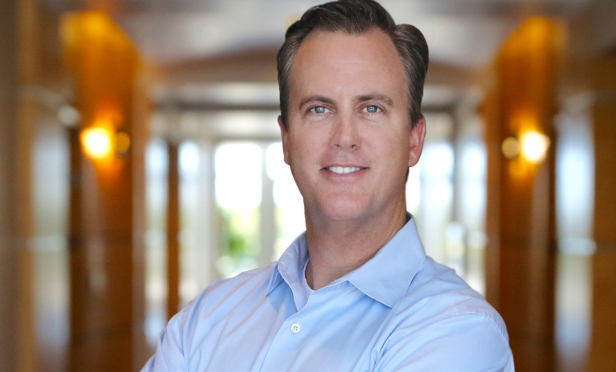
CARLSBAD, CA—Careful planning and upfront testing are critical steps in both avoiding mistakes and recovering from them, Real Capital Markets' chief technology officer Chris Babcock tells GlobeSt.com. The firm recently identified the most common technology pitfalls in CRE, including not asking the right questions, picking the wrong technology provider, hiring a firm with limited involvement in commercial real estate, overlooking the importance of tech support and buying products that have short shelf lives. We spoke with Babcock about how to recover when you do make mistakes in technology.
GlobeSt.com: Technology is moving at such a fast rate that companies are bound to make mistakes. What are the best ways to recover from some of the most common ones?
Babcock: Careful planning and upfront testing are critical steps in avoiding mistakes and recovering from them. In the tech world, this often means completing a proof-of-concept process to verify assumptions about technology choices and vendor capabilities before making a final determination. In addition, rapid application-development techniques can be used to create prototypes, yet another important step that most organizations look to take prior to making a significant investment in new technology.
Investing time and resources upfront to evaluate and validate technology thoroughly is very important.
GlobeSt.com: Which sources should companies rely on for their technology education and information?
Babcock: Access to accurate and timely information, whether in the midst of trying to solve a technology misstep or gain a better understanding of what to buy, is critical.
Among the best sources of insight:
- The technology firm's existing customers—In advance of any purchase, request the names of people and companies who are most like yours or who are seeking a similar outcome. When talking with references, ask open-ended questions as well as those that have a narrow focus. What went well? What surprised you about the engagement? How were any missteps handled? That last question is particularly important because it can provide information about the vendor's ability to respond quickly and work toward a resolution when issues arise.
- Vendor case studies—Ask vendors to provide case studies that are relevant to your business. What were they looking to accomplish? What were their results? Be sure to note the specific solutions implemented, delivery times, project-planning information and outcomes.
- Industry trade associations—Solicit information and seek answers from members of organizations in your industry. Leverage your network within well-regarded trade groups like ICSC, ULI, and SIOR.
GlobeSt.com: Which sources should they avoid or at least be skeptical about following?
Babcock: While online reviews might be important for selecting a restaurant, they are not as credible when selecting a technology vendor. Many reviews are written or influenced by people who have a vested interest in the product or company.
GlobeSt.com: What else should our readers know about recovering from technology mistakes?
Babcock: Mistakes are inevitable, but it's imperative to take risks, embrace mistakes and turn them into opportunities. Be prepared to “fail fast” so you can avoid spending good money after bad.
© 2025 ALM Global, LLC, All Rights Reserved. Request academic re-use from www.copyright.com. All other uses, submit a request to [email protected]. For more information visit Asset & Logo Licensing.








